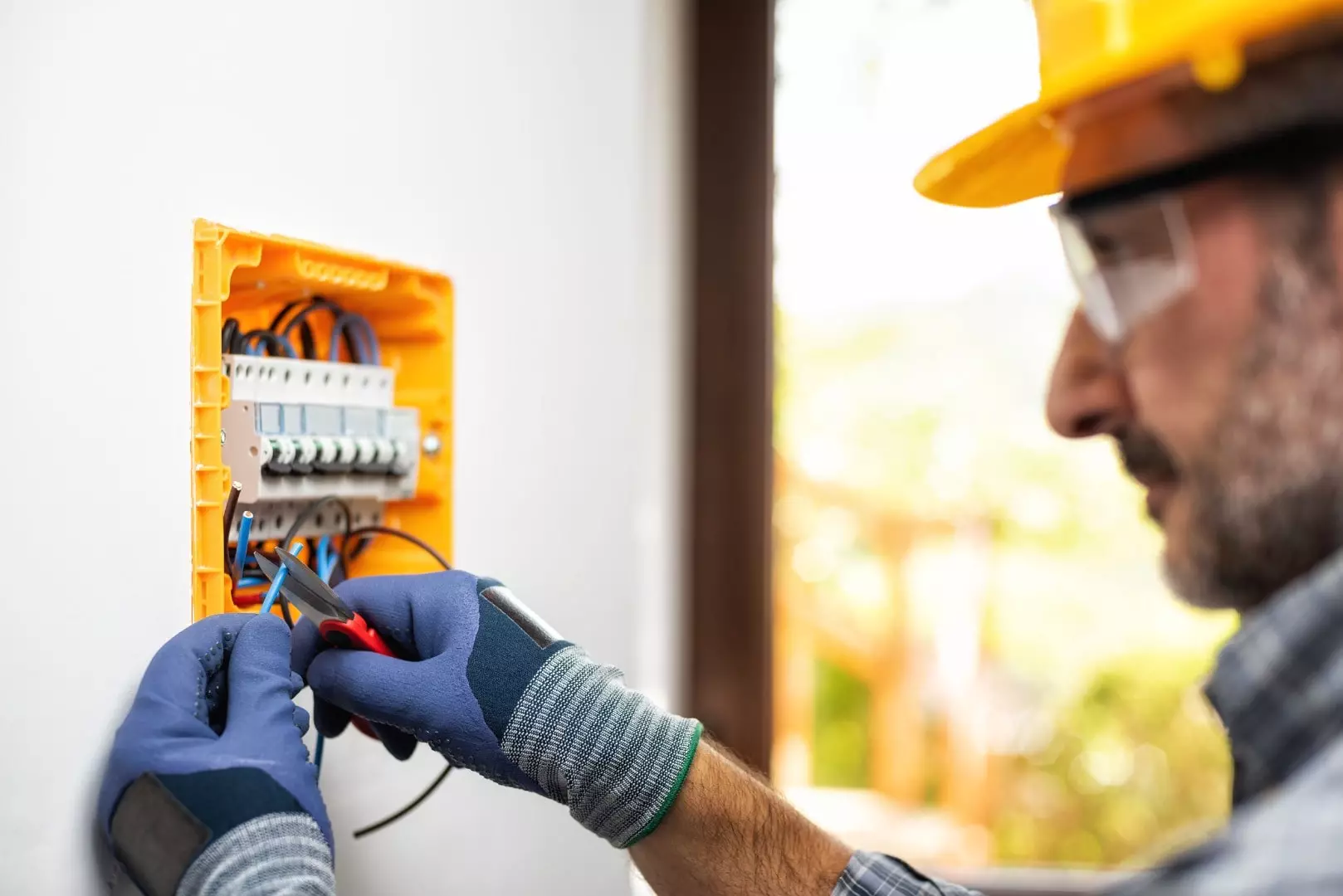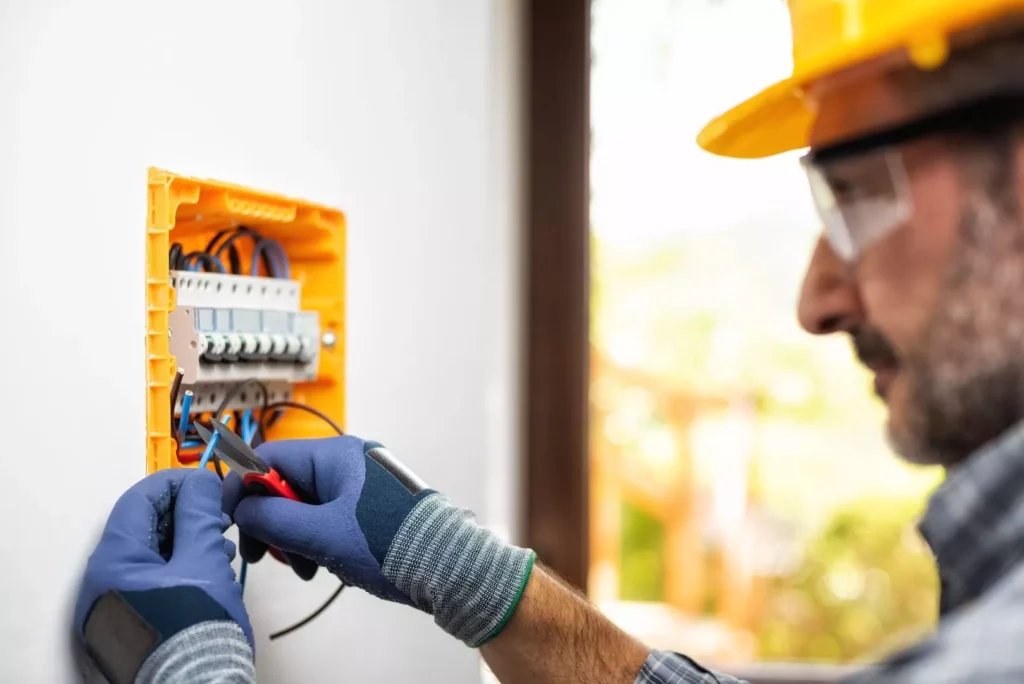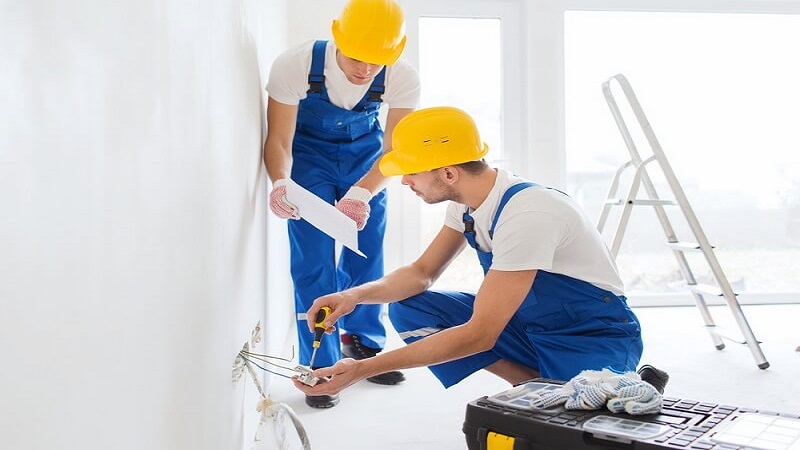
7 Tips to Ensure Electrical Safety During Renovations
Renovations can be a thrilling adventure, breathing new life into your home and adding significant value. However, the process can be risky if you don’t follow appropriate safety protocols, especially when it involves electrical work. A single misstep could lead to devastating accidents or expensive repairs. As someone who’s spent years around industrial machinery, I know a thing or two about safety protocols, and I’d like to share some essential tips to ensure your renovation goes off without any unwanted sparks.

Content
1. Always Turn Off The Power
The very first step before any renovation involving electrical systems should be to shut off the power at the main breaker. Don’t rely on just turning off the switch; this can still leave power running through the wires. It’s a bit like using the milestone pm tools to guide a project, ensuring all the preliminary steps are addressed before diving into the core of the work.
2. Use A Voltage Tester
Even after turning off the power, always use a voltage tester to ensure there’s no current flowing through the wires. These devices are inexpensive and can save you from potential hazards. It’s similar to understanding how to recognize early signs of vision degradation?; staying proactive can prevent bigger problems down the line.
3. Properly Insulate Exposed Wires
Always ensure that any exposed wires are properly insulated using wire nuts and electrical tape. This will help prevent any accidental shocks or potential short circuits. If wires look damaged or frayed, it might be best to replace them.
4. Secure Cables And Wires
During renovations, make sure all electrical cables and wires are securely fixed and not dangling. Loose wires can be a tripping hazard and also increase the risk of them getting damaged. This is much like the safety mechanisms one needs to understand when learning how to drive and rest, ensuring all parts of the journey, even the pauses, are secure.
5. Avoid Water
Water and electricity don’t mix. Ensure that all electrical components are kept away from water sources. If you’re working near areas where there’s a possibility of water spillage, such as bathrooms or kitchens, be extra cautious.
6. Invest In GFCI Outlets
Ground Fault Circuit Interrupter (GFCI) outlets are designed to shut off electrical power when they detect that current is flowing along an unintended path. They are essential in areas near water, like bathrooms or kitchens. If your home doesn’t have them, consider installing them during your renovation.
7. Hire A Professional
If you’re not 100% confident in your electrical skills, it’s always best to hire a professional electrician. They have the necessary training and expertise to ensure all electrical work is done safely and up to code.
In conclusion, while renovations can enhance the beauty and functionality of your home, safety should always be a priority. Always remember that electrical safety is not something to be taken lightly. With these tips in mind, you’re on your way to a successful and safe renovation. Happy renovating!
The Importance of Regular Inspections
Regular inspections of your home’s electrical system can make a world of difference. Just like you’d get a health check-up, think of this as a wellness check for your house. Over time, wires can wear down, breakers can become less efficient, and unseen dangers might lurk behind your walls. By getting your system inspected, you can catch potential hazards before they become a significant issue. Plus, an up-to-date electrical system can be more energy-efficient, saving you money in the long run.
Mind the Age of Your Property
The older your property, the higher the chance that the electrical system might not be up to current standards or safety measures. Old wiring, in particular, can be a significant hazard. As materials age, they can become less reliable, leading to potential faults or even fires. If your property is several decades old and hasn’t seen an electrical upgrade, it might be time to consider one. This doesn’t just ensure safety but also can bring your home into the modern age with improved functionality and efficiency.
Safety Tools are a Must
Whenever you’re dealing with electricity, having the right safety tools on hand is paramount. This isn’t just about having the correct equipment to do the job but also having protective gear. Rubber gloves, insulating mats, and safety goggles are just a few of the essentials. Also, ensure you have a fire extinguisher handy, especially one suitable for electrical fires. It’s always better to be over-prepared than to find yourself in a situation where you lack the necessary equipment to handle an emergency.

My name is Wilson Michel. I post about home improvement ideas and how to make your home look beautiful and liveable. I hope my posts will help you with your DIY projects!

